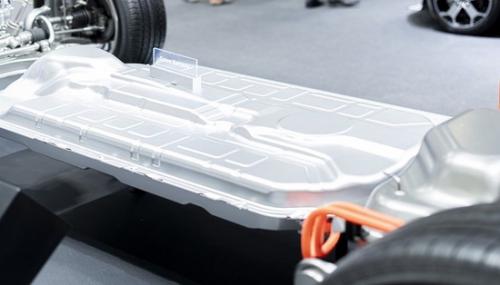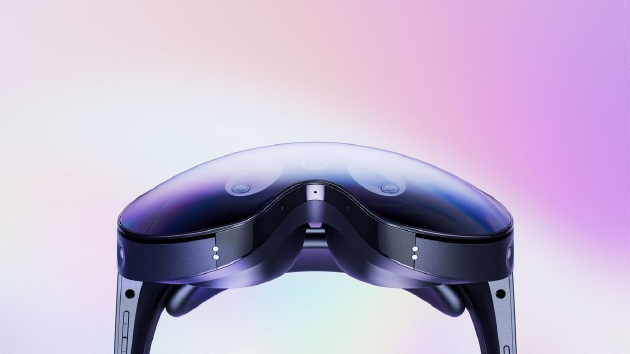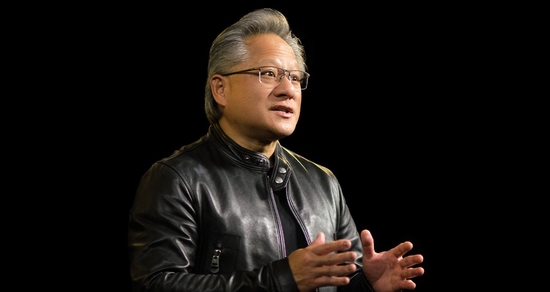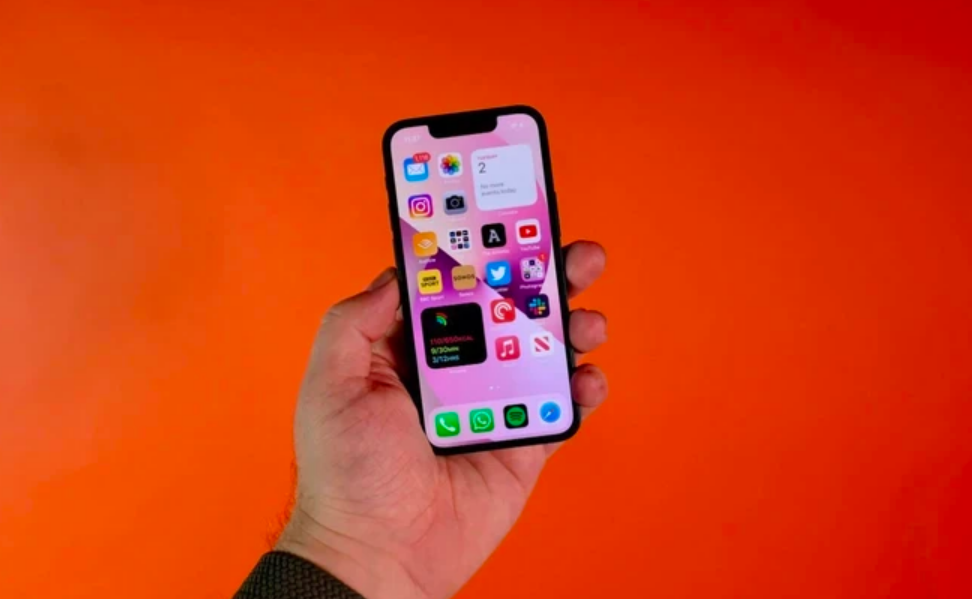your current location is:Home > investHomeinvest
U.S. court rules: AI systems can't patent inventions because they're not human
according to TheVerge, the U.S. Federal Circuit has ruled that artificial intelligence systems cannot obtain invention patents because they are not humans.
According to reports, the U.S. Federal Circuit recently ruled that the inventions of artificial intelligence software tools developed by computer scientist Stephen Thaler cannot be copyrighted and patented. In 2019, Thaler failed to apply for copyright on an image created by an artificial intelligence system he called the "Creation Machine," and the U.S. Copyright Office upheld the decision on appeal in 2022. The U.S. Patent Office also ruled in 2020 that Thaler's artificial intelligence system DABUS could not be a legitimate inventor because it was not a "natural person," a ruling that was subsequently upheld by a judge in 2021. Now, the Federal Circuit has reaffirmed the ruling.
IT House learned that Judge Leonard P. Stark wrote in the court opinion that the US Patent Law clearly states that only humans can hold patents. The Act refers to the patent holder as an "individual," a term that the Supreme Court has ruled "usually means a human being, a person" (following "how we use the word in everyday language"); and uses personal pronouns throughout— "She" and "him", not terms like "itself".
The ruling confirms the current state of U.S. AI patent law and supports a growing body of international legal opinion, with both the European Patent Office and the High Court of Australia making similar rulings in recent years (although in Australia, a federal court initially made ruling in favor of AI patent holders).
According to BloombergLaw, Thaler plans to appeal the circuit court ruling, and his lawyers criticized the court's "narrow and textualist reading" of the patent law, saying "doing so ignores the purpose of the patent law, and the artificial The result that inventions produced by intelligence are now unpatentable in the United States. This is a verdict with real negative social consequences."
related articles
Article Comments (0)
- This article has not received comments yet, hurry up and grab the first frame~













